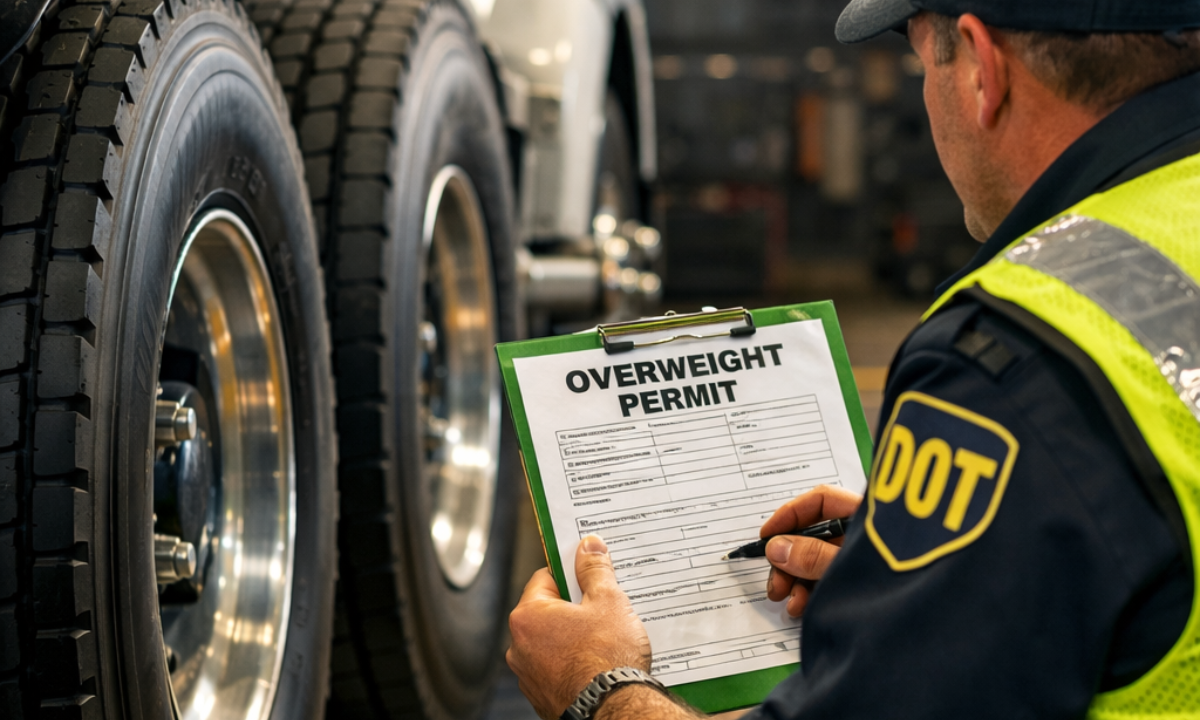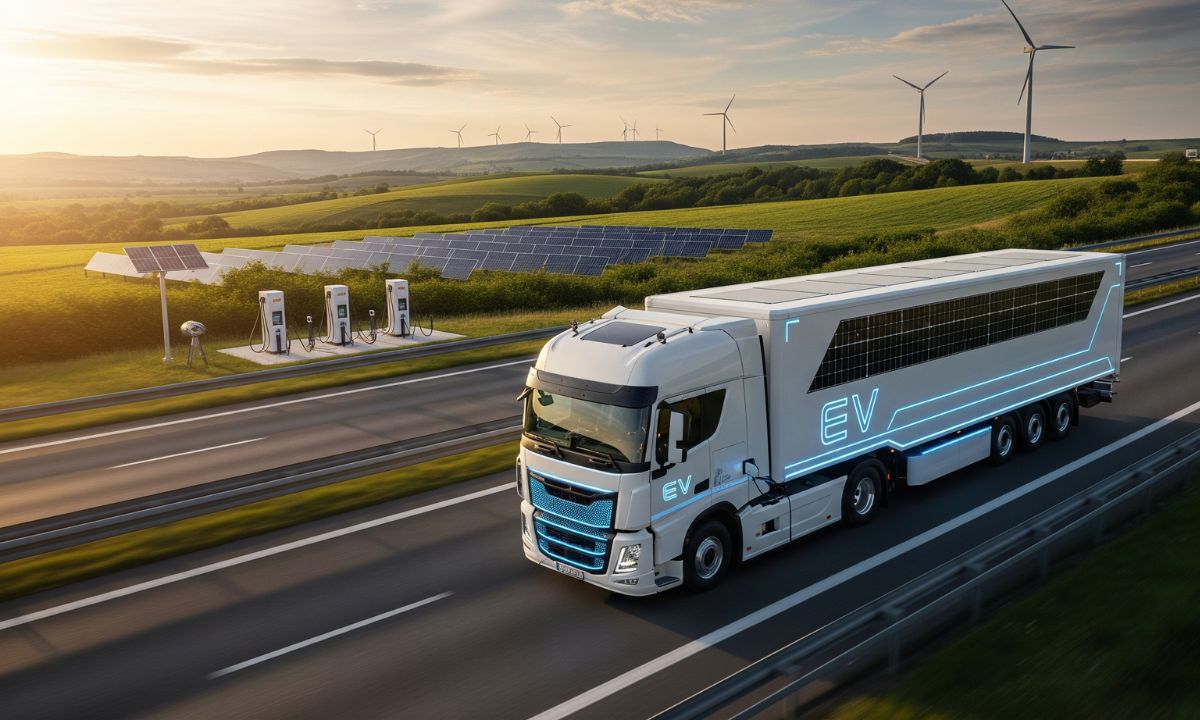The Environmental Impact of Trucking: Green Initiatives in the Industry – Impact on Trucking
The Environmental Impact of Trucking: Initiatives for Greener Industry
Trucking impacts global commerce, yet its footprint counters existence via fuel intake, carbon emissions, and air pollution. As sustainability becomes a new industry mantra, trucking is becoming compliant through various green initiatives, investments in clean technologies, and converting their operational procedures for the benefit of a clean environment.
The Environmental Footprint of Trucking
Heavy-duty trucks, powered mainly by diesel engines, contribute immensely to GHG emissions. Along CO₂ trucks emit NOx and particulate matter, which affect the environment and human health. Another factor creating stress on the environment is inefficient logistics that cause free miles, fuel wastage, and empty miles in their own right. The awareness of these challenges forms the first steps toward a sustainable trucking ecosystem.
Green Trucking Technologies at the Forefront
Electric trucks and hybrids have altered the transporting of freight into its own technology. Companies, in an effort to replace diesel with something greener, are investing in battery electric vehicles (BEV) and looking into hydrogen fuel cell trucks.
Other advancements in technology include:
- Aerodynamics designs for trucks to decrease drag and improve fuel economy.
- Tires with low rolling resistance, which lessen their friction and, in effect, save energy.
- Idle reduction technologies that help to eliminate burning of unnecessary fuel.
These technologies are all about reducing emissions and long-term operating costs.
Alternative Fuels for Sustainable Trucking
Apart from electricity, alternative fuels such as biodiesel, renewable natural gas (RNG), and hydrogen are slowly being accepted as standard. These alternative solutions generally maintain a low carbon-intensity threshold but also correspond with sustainability constraints enforced by governments. Fleets also know that they are going to make blended-fuel transition at some point, hence many of them are trying to experiment with blended fuels to gradually reduce the environmental impact while avoiding committing the whole fleet into a big overhaul.
Supply Chain Efficiency
A sustainable trucking industry encompasses much more than just the vehicles. However, by smart logistics planning, route optimization, and load consolidation, fuel use and emissions can be curtailed. The application of AI-powered freight management tools lets carriers lower deadhead distances while increasing efficiency in scheduling their deliveries. The proper alignment amongst shippers, brokers, and carriers helps create a greener supply chain where every stakeholder works to bring down emissions.
Government Regulations and Incentives
Regulatory frameworks such as the EPA Clean Truck Standards and regional emission laws are pushing carriers towards eco-friendly adoption. On the other hand, tax credits, grants, and subsidies, established by the governments towards investing in sustainable trucking, act as encouragement for small and large carriers to adopt green practices without being fully hit with the burden of cost.
Ways to Implement Green Practices in the Trucking Industry
- Ensuring that regular upkeep of fleets is maintained for the optimal performance of engines to an extent of efficiency.
- Harnessing programs to drivers for the inculcation of eco-friendly habits in driving.
- Switching to electric or semi-hybrid fleets, where the business case is clear.
- Setting up carbon offset programs to offset the emissions that cannot be avoided.
Even minor changes such as restricting idling or getting started on electronic documentation can be duly credited with an impressive contribution.
Future of Green Trucking
The future paths for trucking are zero emission fleets, with AI-powered logistics, renewable fuels, and next-gen EV charge infra. Companies in the vanguard of greener initiatives will gain favors from enhanced environment legislation and rising customer expectations.The evolution of a greener, more efficient trucking sector will indeed reduce environmental costs. However, it will also engender financial stability for the long haul.
Disclaimer: The information provided in this blog post is for general informational purposes only. While we strive to keep the content accurate and up to date, we do not guarantee its completeness, reliability, or accuracy. Any actions you take based on this information are strictly at your own risk. We are not responsible for any losses, damages, or inconveniences that may arise from the use of this blog.












